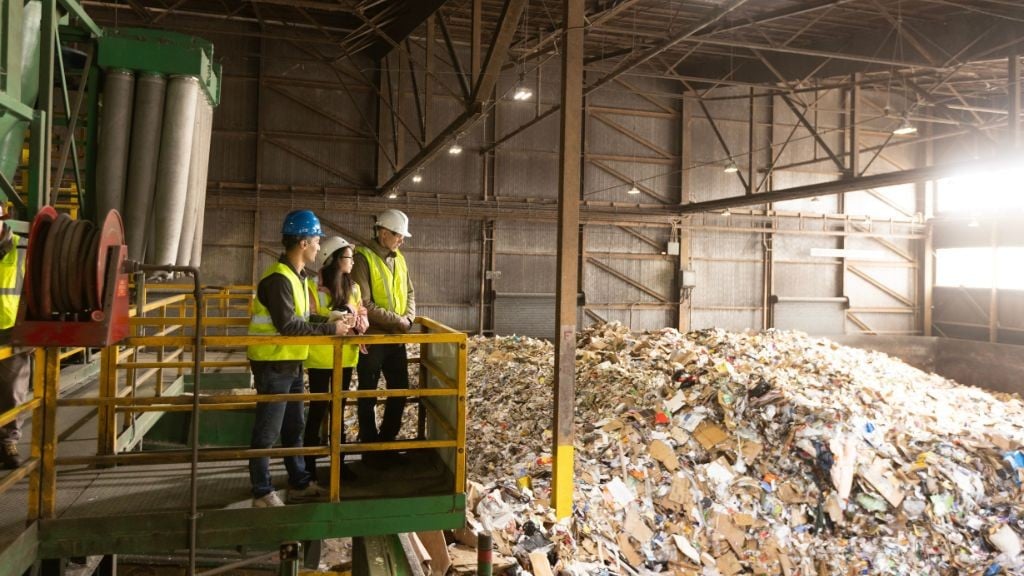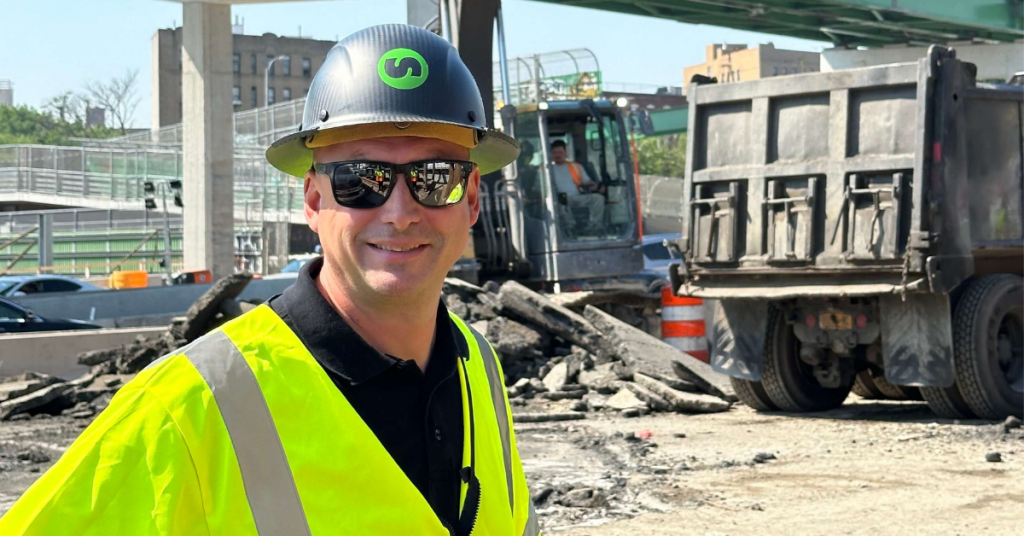Glacier raises $16M to expand AI recycling robots, Recology leads new deployments
The funding coincides with Glacier's expansion into Seattle, as Recology King County deploys its AI recycling robots, joining dozens of facilities across the U.S.

Glacier is an AI and robotics company helping the recycling industry create a world without waste and has recently completed its $16 million Series A funding round led by Ecosystem Integrity Fund (EIF), with participation from existing investors including New Enterprise Associates, AlleyCorp, Overture Climate VC, Amazon Climate Pledge Fund and VSC Ventures. New investors include Elysium, Overlap Holdings, Cox Exponential, Alumni Ventures, One Small Planet, and Working Capital Fund.
The investment caps a breakthrough period for Glacier, which has expanded its presence across the U.S. in major markets like San Francisco, Los Angeles, Chicago, Detroit, and Phoenix. Glacier has also revealed that Recology's King County Material Recovery Facility (MRF) in Seattle has deployed a fleet of its AI recycling robots, joining the growing roster of recycling centers nationwide that are integrating Glacier's technology. With Glacier's robots, the facility aims to improve the recovery and purity rate of recyclable materials.
Glacier's system is purpose-built for the unpredictable nature of recycling streams, using advanced computer vision and smart robotic arms to identify and sort 30+ types of materials, ranging from common items like PET plastic and aluminum cans to specific packaging types like toothpaste tubes, cat food tins, and more the machines are capable of sorting 45 items per minute, the system helps MRFs to improve recovery and purity rates. Unlike traditional automation solutions, Glacier's system is affordable, costing half as much as conventional options, space-efficient (requiring just 3 feet of conveyor space), and can typically be installed in less than one day without any downtime.
The AI platform behind Glacier's technology
Beyond improving sorting at recycling facilities, Glacier's AI data platform provides critical data insights to recyclers to improve real-time operational efficiency, while also allowing major consumer brands like Colgate-Palmolive and Amazon to understand the recyclability of their packaging at scale. Using first-of-a-kind AI models, the technology can identify specific materials — such as toothpaste tubes and bioplastics — allowing brands to measure sustainability initiatives and make data-driven decisions about material circularity.
The investment will accelerate Glacier's nationwide deployment of AI recycling robots, expansion of its team, and continued innovation in product development. As demand for AI-driven waste solutions grows, Glacier remains committed to delivering practical, cost-effective automation to more recycling facilities across the U.S.
"With nearly 80 percent of residential recyclables not recycled, the U.S. is simultaneously depleting natural resources, increasing carbon emissions, and failing to meet growing industry demand for recycled materials. We urgently need innovative solutions to process and recover valuable, recycled resources more efficiently," said Sasha Brown, partner at EIF. "Glacier's purpose-built AI solves critical challenges in the recycling industry with a practical, affordable approach. The company's ability to deploy quickly — without disrupting existing operations — combined with its impressive growth trajectory, makes Glacier precisely the kind of technology and team we're proud to support."
"This milestone funding round comes at a pivotal moment in our journey," said Rebecca Hu-Thrams, CEO and co-founder of Glacier. "After a year of rapid growth and successful deployments across major markets, we're now positioned to scale our technology even faster. With partners like Recology embracing our solution and a strong investor coalition behind us, Glacier has the opportunity to meaningfully strengthen U.S. recycling infrastructure, and on-shore critical manufacturing capabilities, create more skilled jobs, and develop a specialized workforce trained in advanced material recovery. Our goal is to not only help address crucial environmental challenges but also build our nation's economic resilience in a resource-constrained global market."


